A story of survival at Relay for Life
As the large mass of men and women lined up along the track in Peterson Park in Mattoon Saturday, they looked to each other and silently shared in a common experience: their fight with cancer.
The men and women took part in the Relay for Life of Coles County, an annual event sponsored by the American Cancer Society.
At the event, teams competed to raise funds for the society and show their support for everyone affected by cancer, and cancer survivors and caregivers came together to show they are committed to fighting the disease.
To kick off the event, survivors lined up along the track surrounding the baseball diamond and walked the Survivors Lap with ribbons pinned to their deep-purple shirts signifying how long they have been a cancer survivor.
As the survivors rounded their first lap, the caregivers who provided them support through their struggles joined them.
Among the many faces in the crowded line was Doug Miller, 39, of Charleston. Pinned on his chest was a white ribbon marking three years.
In August 2009, at the age of 36, Miller was shaving when he felt lumps on his neck. Two weeks later, he was diagnosed with Hodgkin’s Lymphoma Stage II, a cancer of the lymph nodes.
Miller said he knew he had to take the situation seriously and seek treatment immediately because his brother, Michael, died of the same disease only two years earlier at the age of 36.
Determined not to let the same disease claim his life as it had his brother’s, Miller was receiving chemotherapy treatments within three weeks of finding the lumps.
“Life kind of narrowed in on itself,” he said, recalling how he maintained a full-time job while also fighting the disease.
The effects of the treatment were challenging, Miller said. He would have intense heartburn that would keep him awake at night, and he lost his taste buds as a result of the therapy.
“The only thing that actually tasted good was burritos and guacamole, so we lived on Mexican food for months,” he joked.
Miller also lost his hair as a result of the therapy. His wife, Nicole Miller, remembers when she and her husband went on a dinner date with some friends and, as Doug Miller went to scratch his eye, his eyebrows fell out onto the table.
However, the worst part of the therapy was the intense fatigue, Doug Miller said.
“You were drained of every bit of energy you had,” he said.
Climbing the stairs in his house proved to be a great challenge, he said, and he would have to choose between waking his children up in the morning and tucking them in at night because he only had the energy for a single trip up the stairs.
After four months of receiving chemotherapy every other week, one of the chemicals used to treat Doug Miller built up to a toxic level in his system and caused respiratory failure in December 2009.
The near-death experience brought a keen sense of his own mortality, Doug Miller said.
“There were times I kissed my wife, hugged my kids and wondered if that was going to be the last time I ever did that,” he said.
He tried to “suck in all of life I could because it looked as though it wasn’t going to be there for very long.”
Doug Miller was able to recover from the toxic build up and was pronounced in remission soon after recovering in early 2010. However, he remains cautiously optimistic. He will only be pronounced cured of Hodgkin’s Lymphoma once he has been in remission for five years—his brother died five years after being diagnosed.
Despite the looming possibility that his cancer will return, Doug Miller continues to recover and get stronger every day. During the summer, he rode his bike between work and home each day, logging more than 600 miles, and he and his wife had a son, Zion, six months ago.
Tim Deters can be reached at 581-2812 or tadeters@eiu.edu.

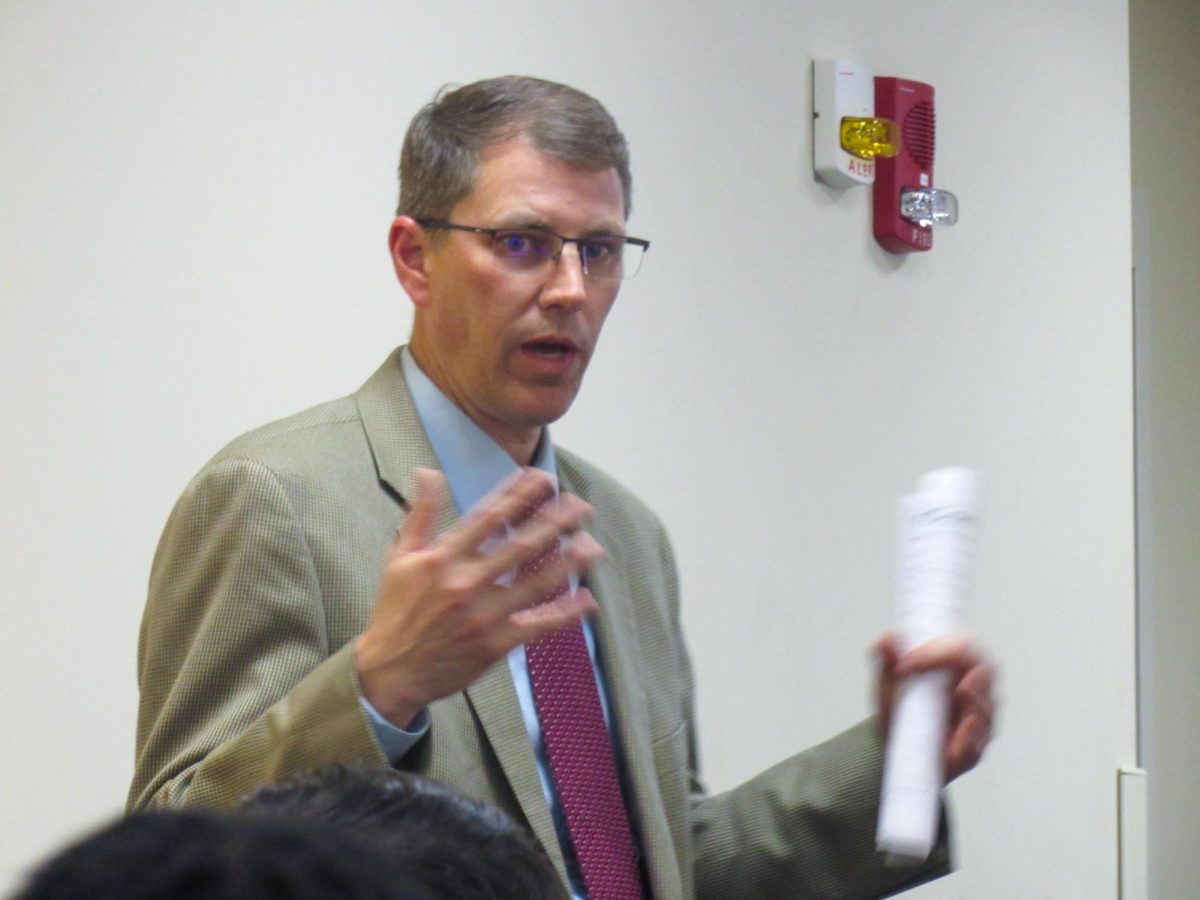
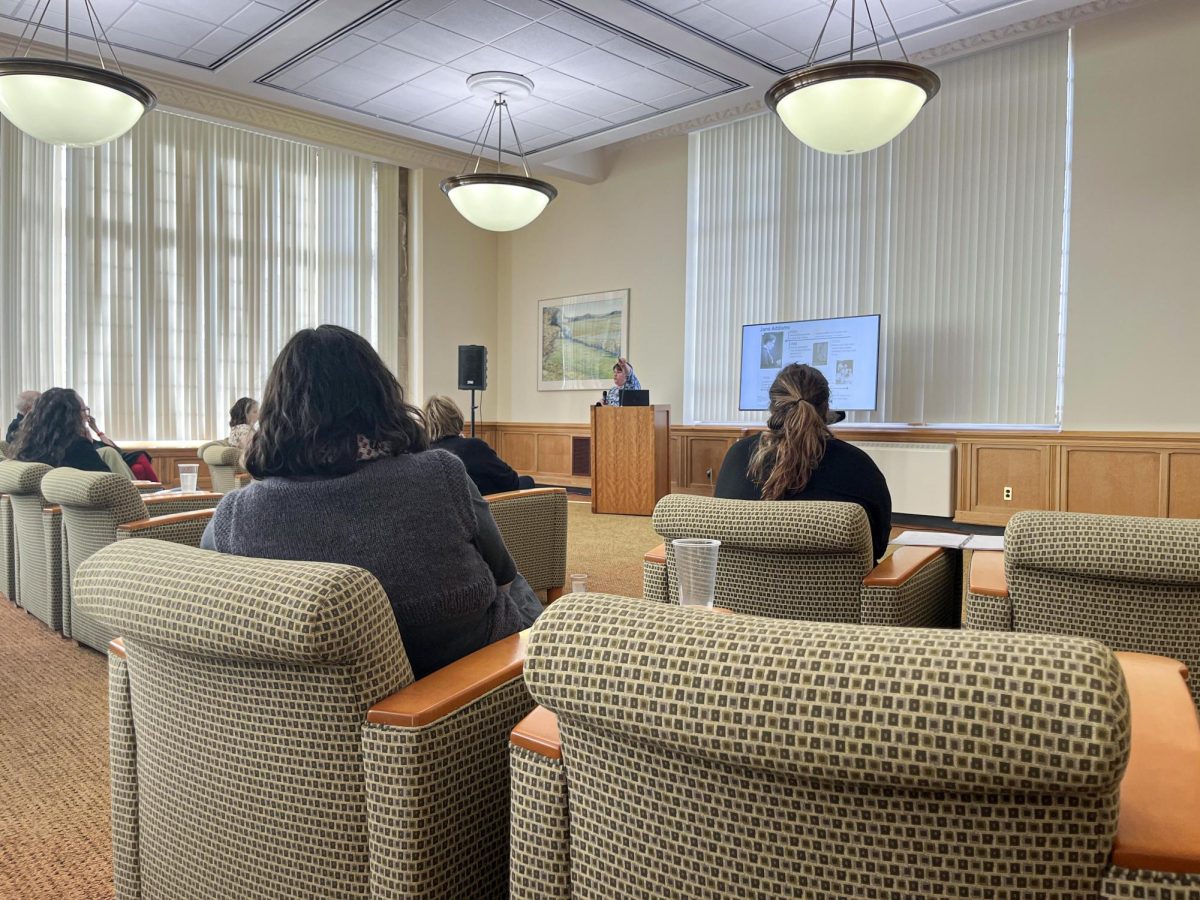
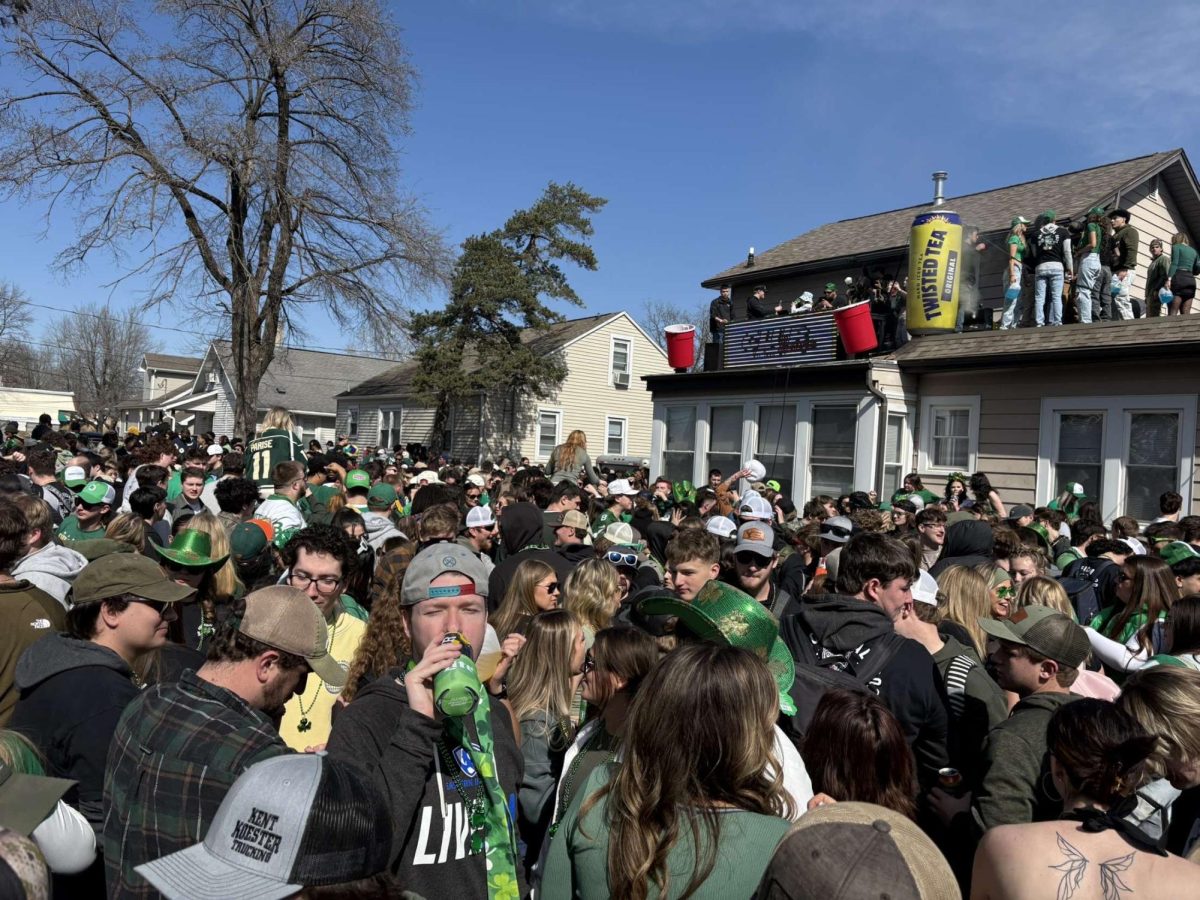

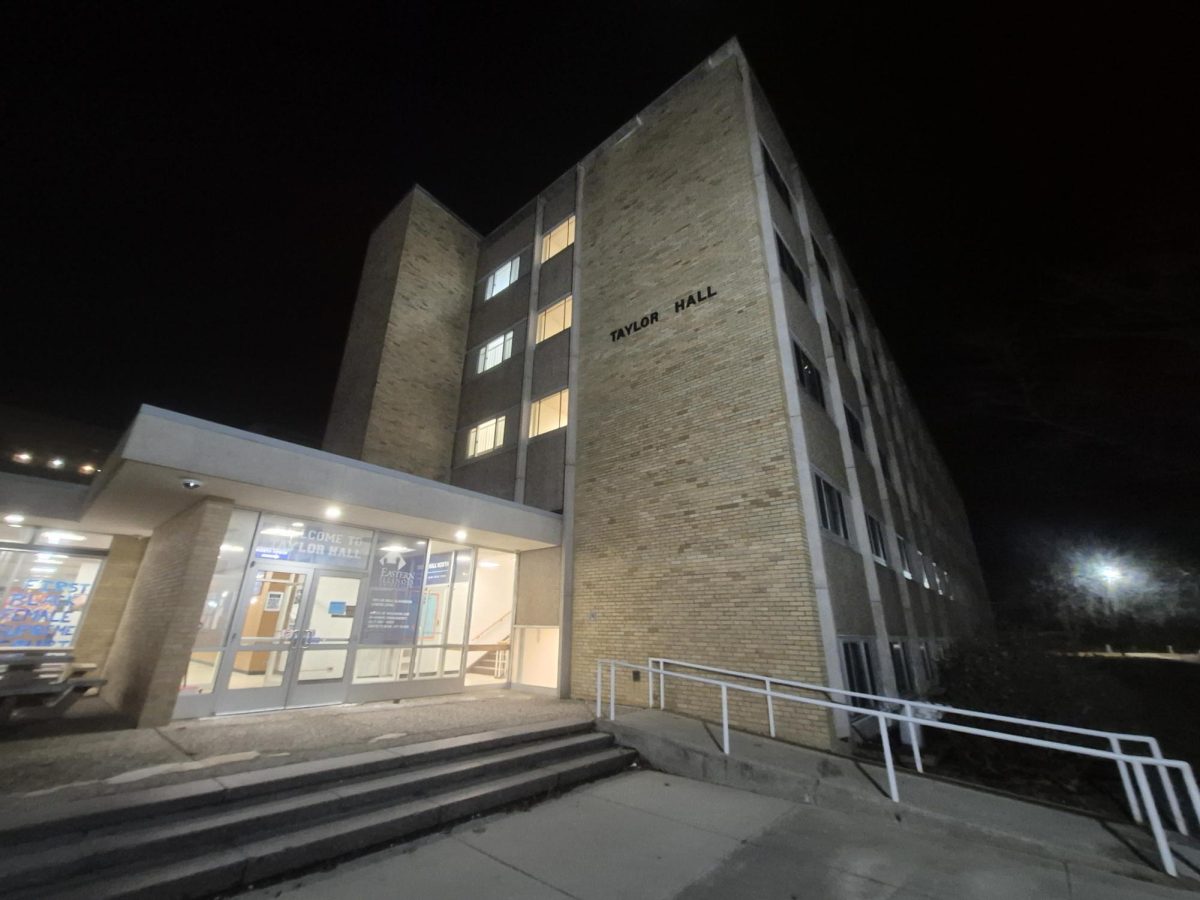
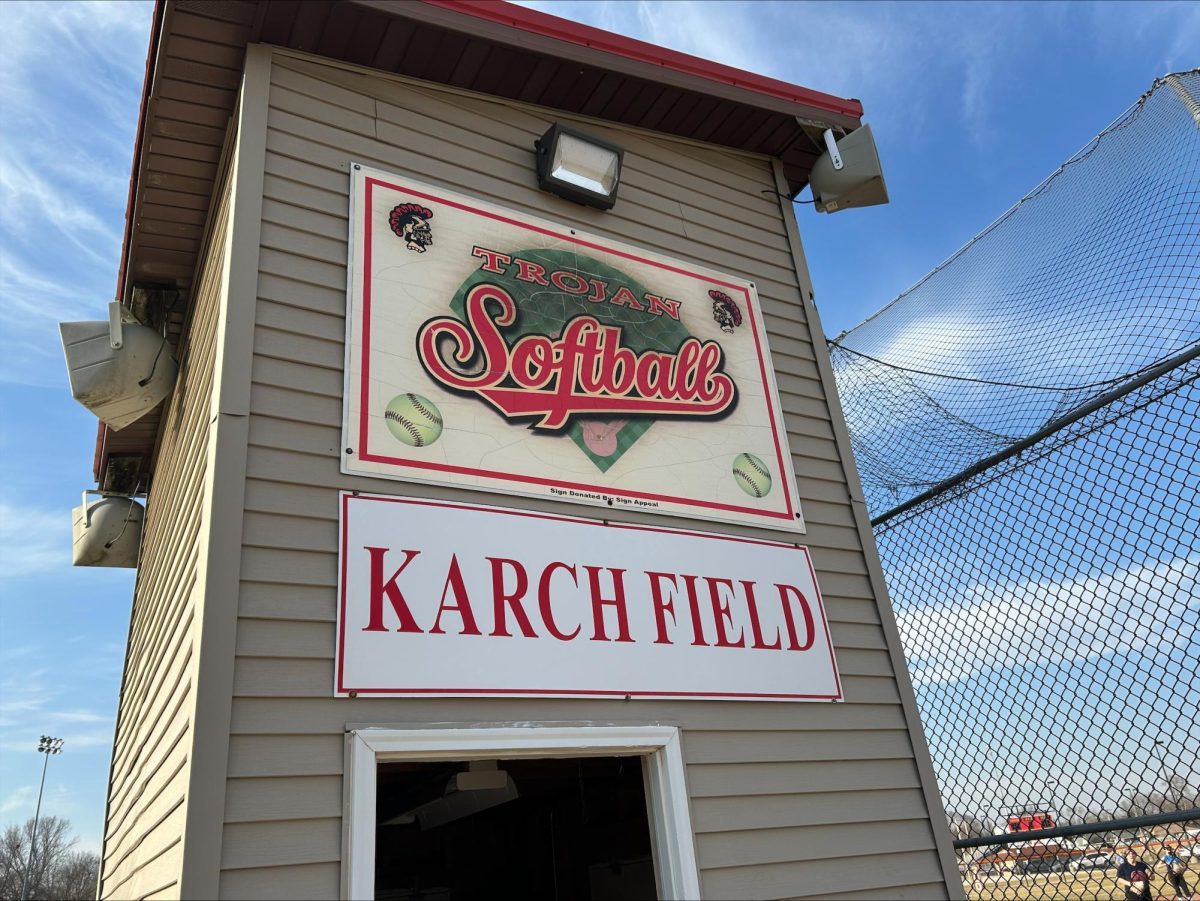

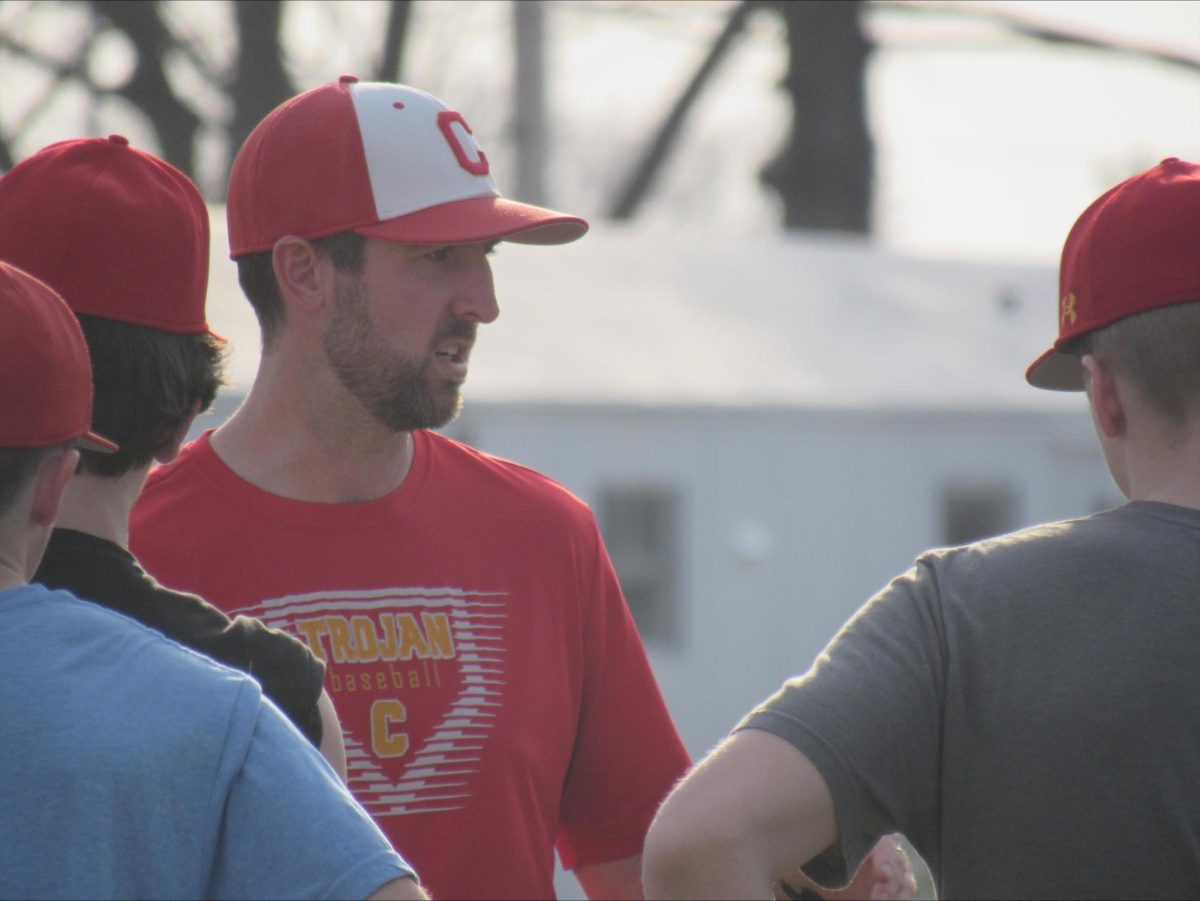
![[Thumbnail Edition] Eastern Illinois University baseball's hitting coach and recruiting coordinator Mike Pugliese urges players on the team to increase their effort after a slow start to its pregame routine at the team's first intrasquad scrimmage of the season at O'Brien Field on Jan. 31, 2025.](https://www.dailyeasternnews.com/wp-content/uploads/2025/03/BB_02_O-1-e1741909628540-1200x702.jpg)
![[Thumbnail Edition] Senior tennis player Luisa Renovales Salazar hits the tennis ball with her racket at the Darling Courts at the Eastern Illinois University campus in Charleston, ILL.](https://www.dailyeasternnews.com/wp-content/uploads/2025/03/Tennis_01_O-1-e1741807434552-1200x670.jpg)
![[Thumbnail Edition] Senior right-handed pitcher Tyler Conklin pitching in the Eastern Illinois University baseball team's intrasquad scrimmage at O'Brien Field in Charleston, Illinois on Jan. 31.](https://www.dailyeasternnews.com/wp-content/uploads/2025/03/TC_01_O-e1741567955534-1200x669.jpg)




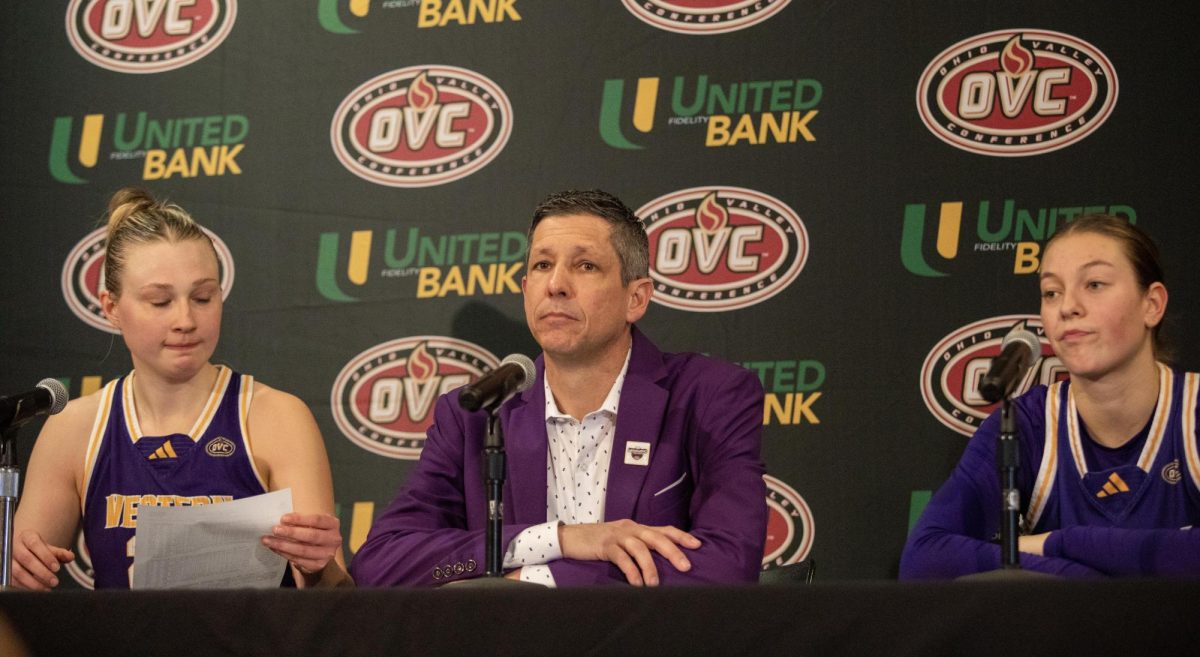
![[Thumbnail Edition] Senior, forward Macy McGlone finds an open teammate to pass the ball too during the game against the Tennessee State Tigers 69-49, in Groniger Arena on the Eastern Illinois University campus, Charleston Ill.](https://www.dailyeasternnews.com/wp-content/uploads/2025/03/WBB_02_O-1-e1741228987440-1200x692.jpg)


















![E[Thumbnail Edition] Eastern Illinois softball freshman utility player Abbi Hatton deciding to throw the softball to home plate in a fielding drill during softball practice at the field house in Groniger arena on Tuesday Feb. 11.](https://www.dailyeasternnews.com/wp-content/uploads/2025/03/SB_03_O-e1741208880750-1-e1741209739187-1200x815.jpg)

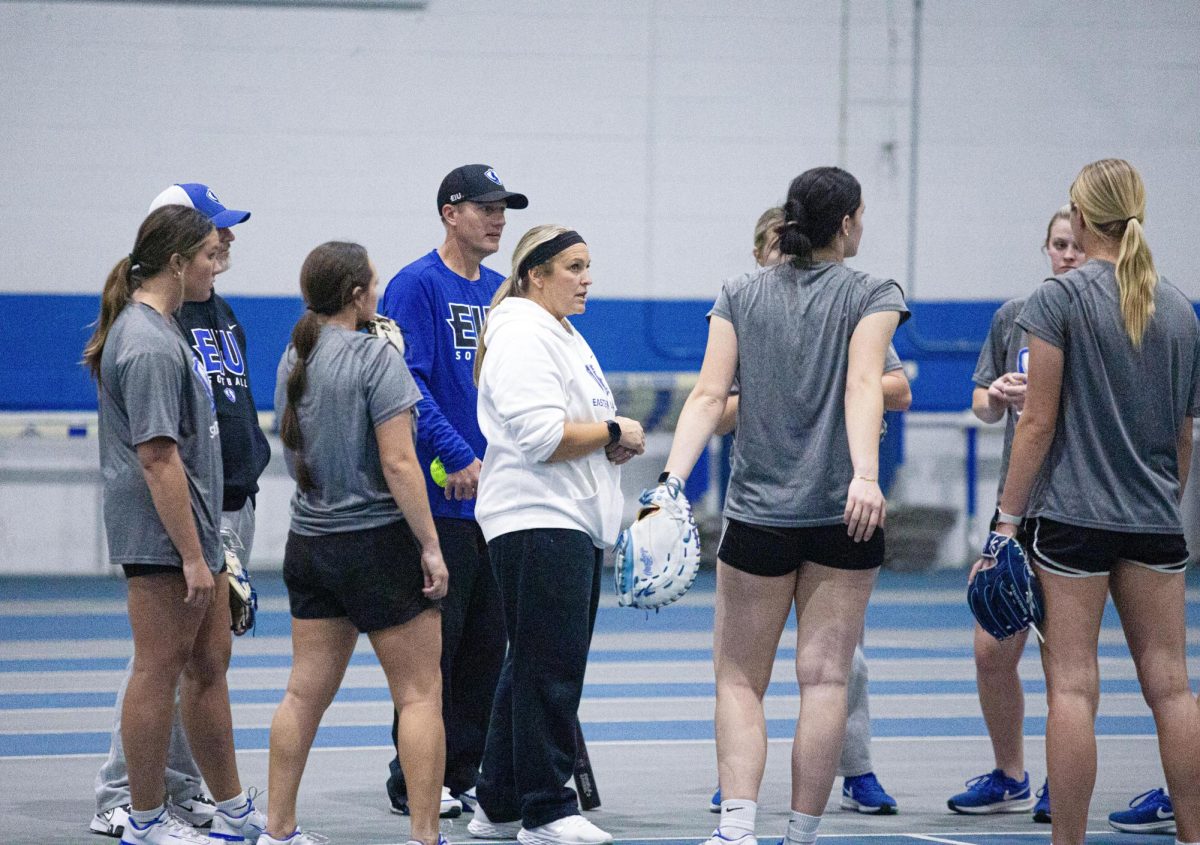













![The Weeklings lead guitarist John Merjave [Left] and guitarist Bob Burger [Right] perform "I Am the Walrus" at The Weeklings Beatles Bash concert in the Dvorak Concert Hall on Saturday.](https://www.dailyeasternnews.com/wp-content/uploads/2025/03/WL_01_O-1200x900.jpg)
![The team listens as its captain Patience Cox [Number 25] lectures to them about what's appropriate to talk about through practice during "The Wolves" on Thursday, March 6, in the Black Box Theatre in the Doudna Fine Arts Center in Charleston, Ill.](https://www.dailyeasternnews.com/wp-content/uploads/2025/03/WolvesPre-12-1200x800.jpg)
















